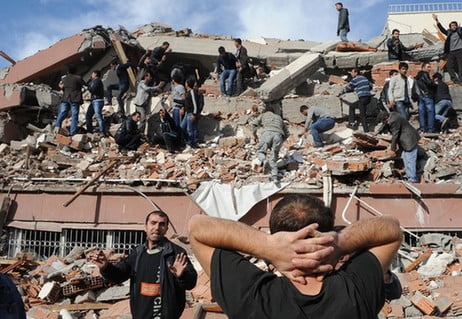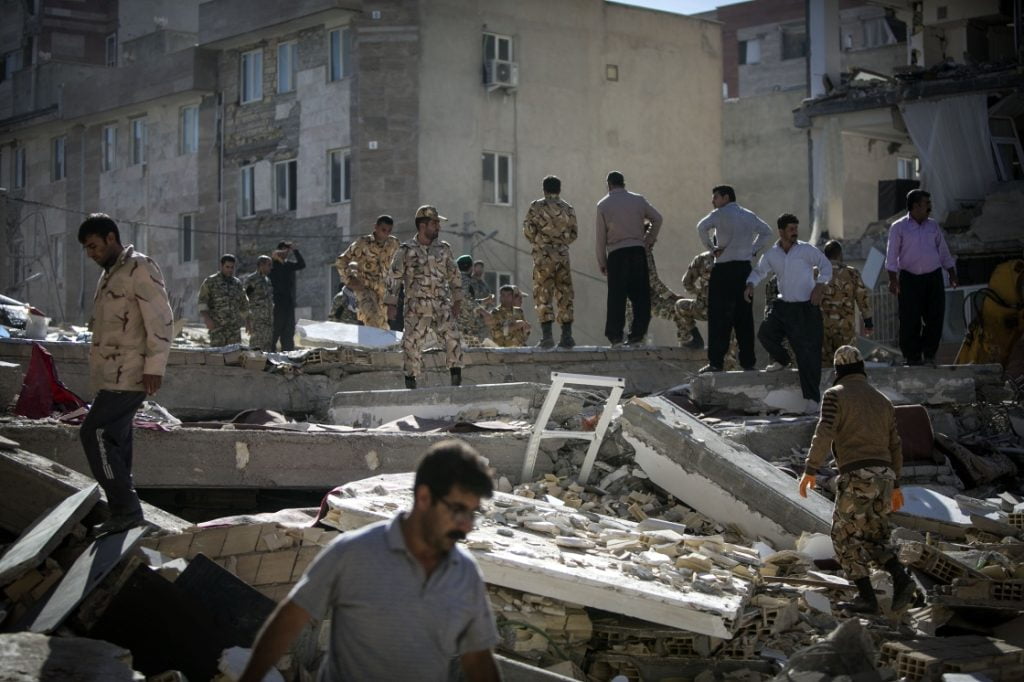Syria earthquake:Turkey’s post-disaster reconstruction faces challenges
Winton pointed out that future post-disaster reconstruction is also full of challenges. It is estimated that 116 million to 210 million tons of debris will need to be cleared first.
“For reference, the last major earthquake in Turkey was in 1999, when there were also a lot of casualties, but less than half as many as this one, leaving 13 million tons of debris behind,” she said.
In past reconstruction efforts following earthquakes and explosions in Nepal, Haiti, Lebanon and Ukraine, UNDP has been active in collaborative projects to dispose of debris in an environmentally safe manner. Vinton noted that much of the material in the rubble can be recycled for use in construction, as well as for short-term income generation.
Syria earthquake:Further misery for the Syrian people
In northwest Syria, as many as 9 million people were affected by the earthquake. Survivors face extreme cold, no access to drinking water, electricity or heating fuel, and risk building collapses as they seek shelter..

Syria earthquake:continued aid to Syria
The international humanitarian response has continued since February 9, with 227 trucks loaded with supplies entering Syria from Turkey. Of these, 195 passed through the Bab al-Hawa crossing, 22 passed through the Bab al-Salam crossing and 10 passed through the Al Ra’ee crossing into Syria.
Catherine Smallwood, WHO’s senior emergency officer for Europe, said that since the earthquake, WHO has sent nearly 100 tons of supplies to Syria via Turkey, in addition to supplies that had previously arrived in Syria.

These supplies include essential medicines, consumables, anesthesia, surgical equipment and other medical supplies, which can provide an additional 40,000 to 49,000 treatments for those injured in the earthquake and requiring surgery or medical services.
Smallwood pointed out that the earthquake caused damage to 55 medical facilities in Syria, many of which were completely destroyed. However, WHO has deployed 6 mobile clinics in the worst-hit areas in northwestern Syria, which can directly provide assistance to the affected people. Provide medical services and support.
